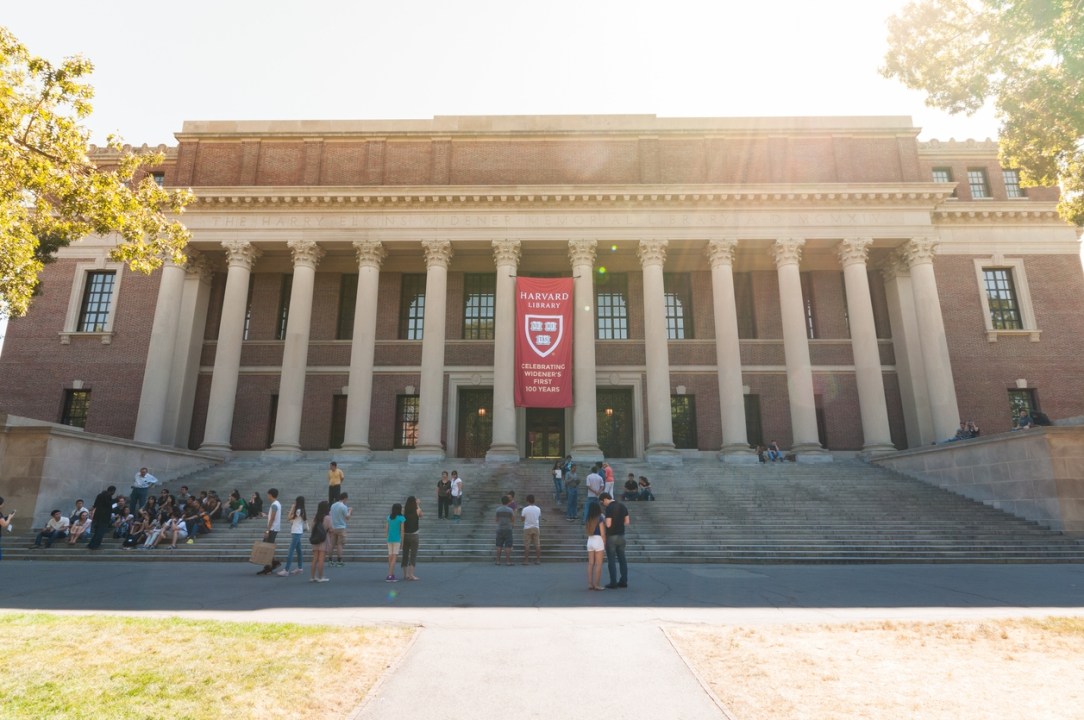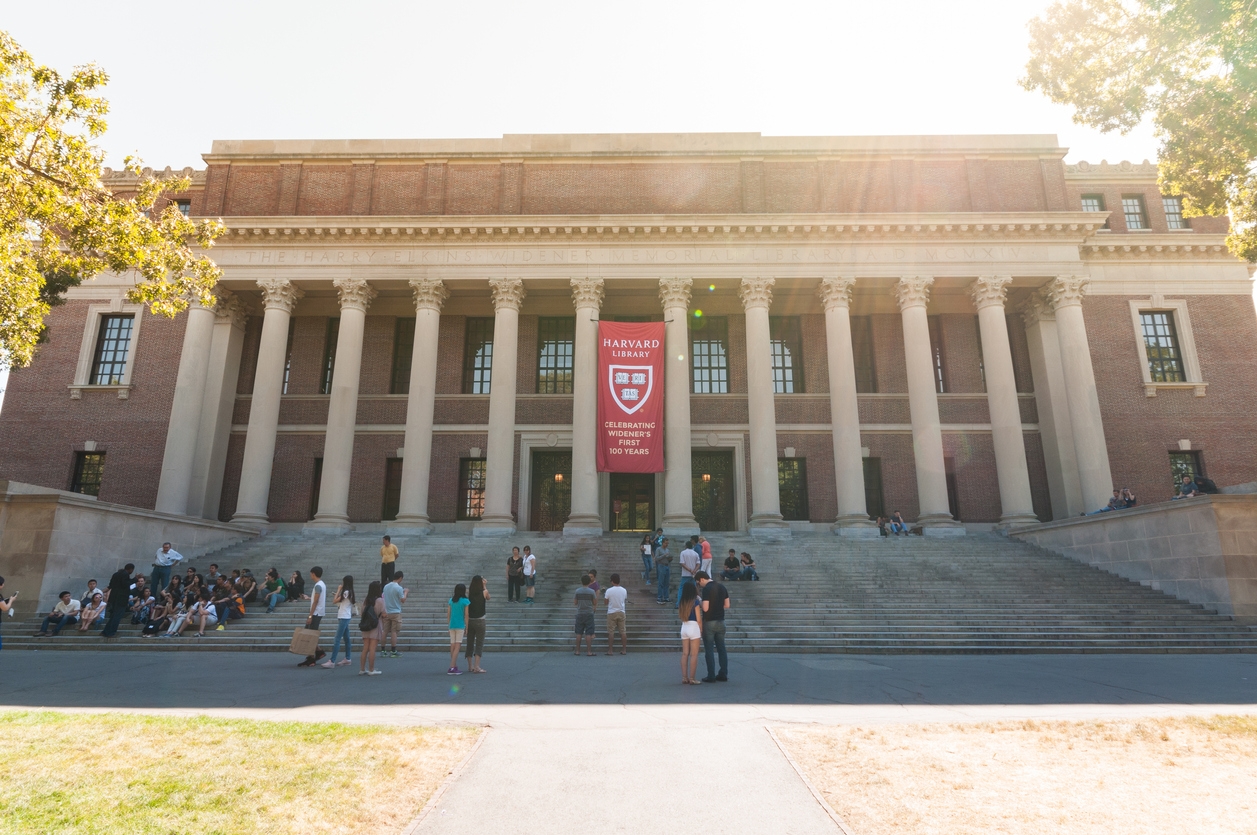If the US election was a television drama, the drum-roll end credits of the penultimate episode played this week and we are now waiting for the denouement. Only, there was never supposed to be a cliffhanger. An exhausted nation should have chosen boredom. Biden was meant to have been the clear victor and the political clock reset to a pre-2016 normality.
But, in a plot twist that is by now so familiar we have no excuse for not anticipating it, opinion polls and commentators alike called it wrong. It’s not just in the US. All around the world, elections have become more difficult to predict. Traditional party loyalties have been shattered and old certainties have given way to new divisions in voting patterns.
The ‘diploma divide’ is emerging as one new political indicator. According to a major national exit poll conducted on Tuesday and covered in the New York Times today, voters who didn’t go to college were equally as likely to vote for either Biden or Trump. However, voters with college degrees are more split along party lines. Fifty-five per cent of graduates backed Biden compared to only 42 per cent who turned out for Trump.
When race is added to education, the diploma divide becomes far more stark. White people without a college degree were almost twice as likely to vote Trump over Biden. Non-white voters, in contrast, split for Biden irrespective of educational level.
It’s not just in the Presidential run-off that the education/race gap can be seen. In the 2018 mid-terms, exit polls showed a similar pattern. Back then, 61 per cent of white voters without a college education voted Republican. Only 37 per cent of white voters without a degree split for the Democrats.
In August 2016, the Pew Research Center surveyed registered voters and found that those with a college degree declared themselves more likely to back Clinton over Trump by a margin of 23 per cent (52 per cent for Clinton versus 29 for Trump). Of those without a college degree, 41 per cent backed Trump compared to only 36 per cent who planned to turn out for Clinton.
So, what does all this tell us about voters, politics and education?
One thing we know is that college-educated Americans are more likely to respond to surveys. Perhaps graduates have more time on their hands or perhaps they are simply more likely to be asked. Whatever the cause, this overrepresentation means that a relatively small section of the population (only 36 per cent of Americans have attained a bachelor’s degree or higher) are more likely to have their views solicited and reported on.
Even though polling companies have, in recent years, gone to some lengths to counterbalance this graduate-bias, it is likely they have not gone far enough. Perhaps more significantly, journalism is now an almost exclusively graduate profession. Which means that when opinion polls confirm the views of commentators and reporters, they are far less likely to be called into question.
But opinion polls don’t just get it wrong because they ask the wrong people. However the pollsters sample, it’s difficult to account for shyness. One lesson imbibed at college might be that if you back Trump you need to keep schtum. Perhaps graduates, when asked their voting intentions, are more likely to know – and give – the ‘correct’ answer. No graduate wants to be shamed as a ‘deplorable’.
Moving beyond the polls, we know that real political shifts have taken place over the course of several years. From Hollywood’s finest to Silicon Valley’s tech magnates, America’s cultural elite are far more likely to line up behind the Democrats than Trump’s Republicans. Today, the Democrats are less a working-class party and are now firmly positioned as a party of graduates that represents the interests of graduates.
Biden promised Americans a return to order, rationality and evidence-informed policy, with scientists and experts restored to their rightful place. He speaks to a graduate class that not only prefers this order to the chaos they associate with Trump, but sees itself playing a part in providing the evidence and expertise to shape society as it thinks best.
This recently emerged graduate class is increasingly conscious of its own interests and sufficiently arrogant to assume it knows what is best for everyone else too. It would be worth its members remembering that in a democracy, no qualifications are necessary to cast a ballot and all votes are equal. Your college degree may make you an authority in a particular subject but it does not make you better placed to determine how society should be run.








Comments